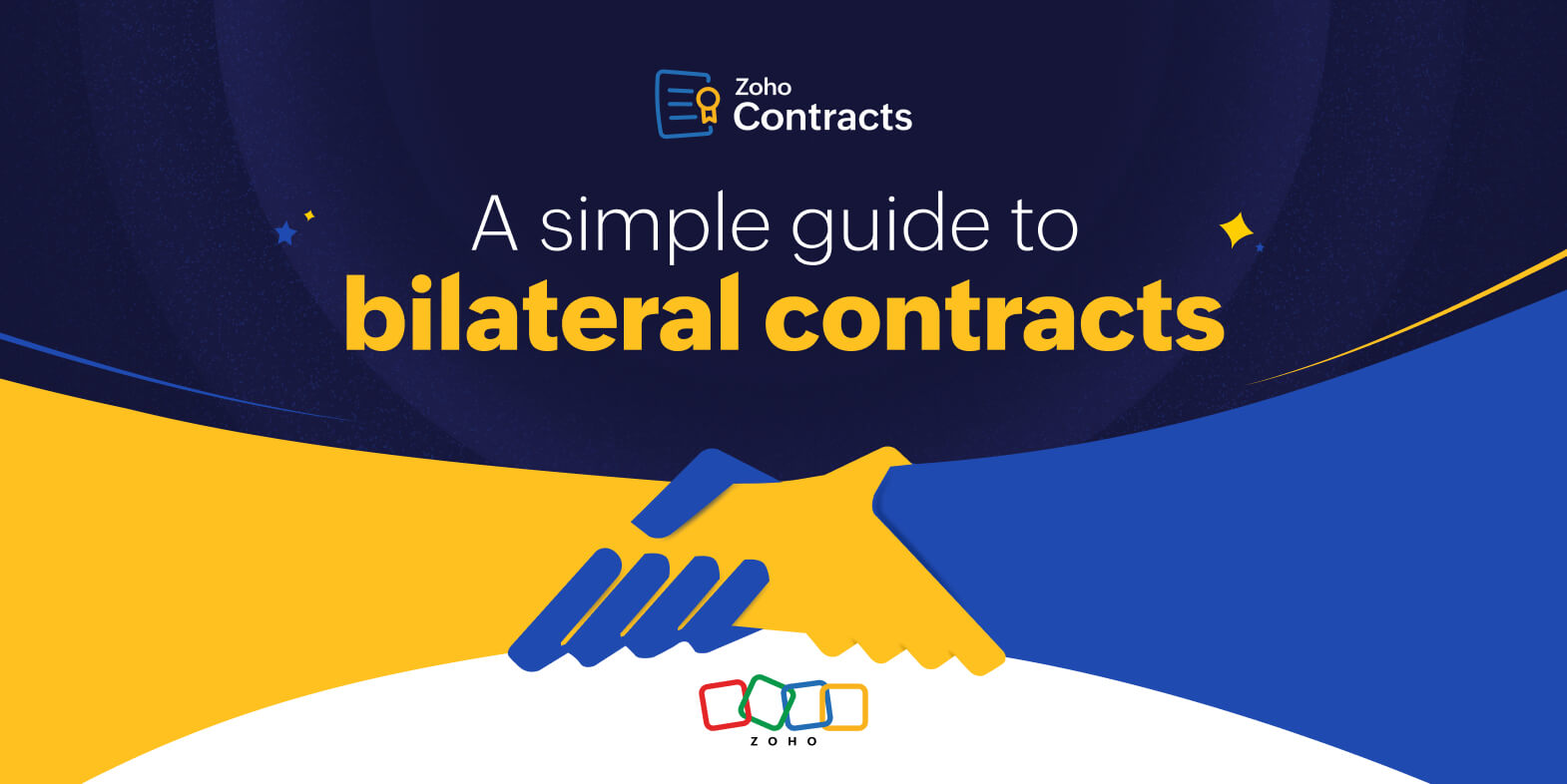- HOME
- Legal Insights
- What is a contract of adhesion?
What is a contract of adhesion?
- Last Updated : July 1, 2024
- 754 Views
- 3 Min Read

Contract of adhesion: Definition
A contract of adhesion is a standard agreement drafted by one party and accepted by the other without negotiating the contract's terms and conditions. This becomes an "Accept" or "Reject" type of contract for counterparties. A contract of adhesion is also known as a boilerplate or standard contract.
Adhesion contracts are most often used when one party has more authority in a transaction or deal. They are commonly created for high-volume transactions where customers agree to a standard set of terms. The enforceability of these adhesion contracts depends on how well they’re drafted and adhere to standard procedures.
Contract of adhesion: A brief history
Adhesion contracts were first introduced in French civil law. They later entered American law when Edwin W. Patterson's article on life insurance contracts was published in the Harvard Law Review in 1919.
The legality and enforceability of adhesion contracts have evolved over the years. Adhesion contracts' popularity also increased significantly throughout the 20th and 21st centuries, notably fueled by the mass distribution of goods and services.
Contract of adhesion in practice: Examples
Terms and conditions: Whenever you download an app or software and click "I agree" to those long terms and conditions, you enter into a contract of adhesion. You don't have much say in the terms; it's essentially to take or leave it.
Medical procedures consent forms: In a medical setup, consent forms count as adhesion contracts. Patients and their caregivers often sign these documents, acknowledging their understanding of the proposed treatment and agreeing to its execution and consequences.
Loan agreements: Loan agreements provided by banks and other financial institutions are another common form of adhesion contracts. In these agreements, borrowers typically agree to predetermined terms regarding loan amounts, repayment schedules, and consequences for non-compliance.
Other common instances of adhesion contracts include airline tickets, insurance policies, mortgage loans, vehicle purchases, and rental agreements.
Contract of adhesion: Benefits
By centralizing transactions and eliminating negotiations, adhesion contracts facilitate a more efficient and faster way to engage with multiple customers.
Adhesion contracts allow sellers to include protective measures, such as liability limitations and intellectual property safeguards, that help mitigate risks and enhance security.
A contract of adhesion simplifies enforcement with standardized rules and structures, often incorporating arbitration clauses for conflict resolution.
Adhesion contracts are flexible in format. This allows contract owners to tailor these contracts as simple or complex as needed.
Are adhesion contracts enforceable?
Yes, adhesion contracts are enforceable when they’re accurately drafted, meet required conditions, and remain ethical for all signers. However, there are exceptional cases where signers challenge an adhesion contract, and courts may consider the contract invalid or unenforceable. In such instances, courts apply a "reasonable expectations" test to determine if the contract is unconscionable or unfair.
This test considers various factors, including:
The clarity of the contract's language and the purpose of its usage.
The expectations of contractual obligations from the signing party.
The bargaining or economic power balance between the parties.
The doctrine of unconscionability is also applied in contract law to assess the righteousness and enforceability of adhesion contracts. It provides a legal basis for challenging specific adhesion contracts as unjust or unlawful.
How does Zoho Contracts help manage adhesion contracts?
Zoho Contracts simplifies the management of adhesion contracts by providing extensive features and automation. The key functionalities include pre-defined contract templates, collaborative authoring, internal approval workflows, e-signature capabilities, and advanced analytics. By leveraging these features, businesses can streamline their entire process of creating, managing, and storing adhesion contracts with improved performance and control.
As a comprehensive contract lifecycle management (CLM) platform, Zoho Contracts helps manage all stages of a contract lifecycle, from authoring to online contract redlining, execution, and post-execution. For adhesion contracts, Zoho Contracts provides an option to skip negotiations and send contracts directly to counterparties for signatures.
 Heleena
HeleenaHeleena is a writer based in Chennai, India.


